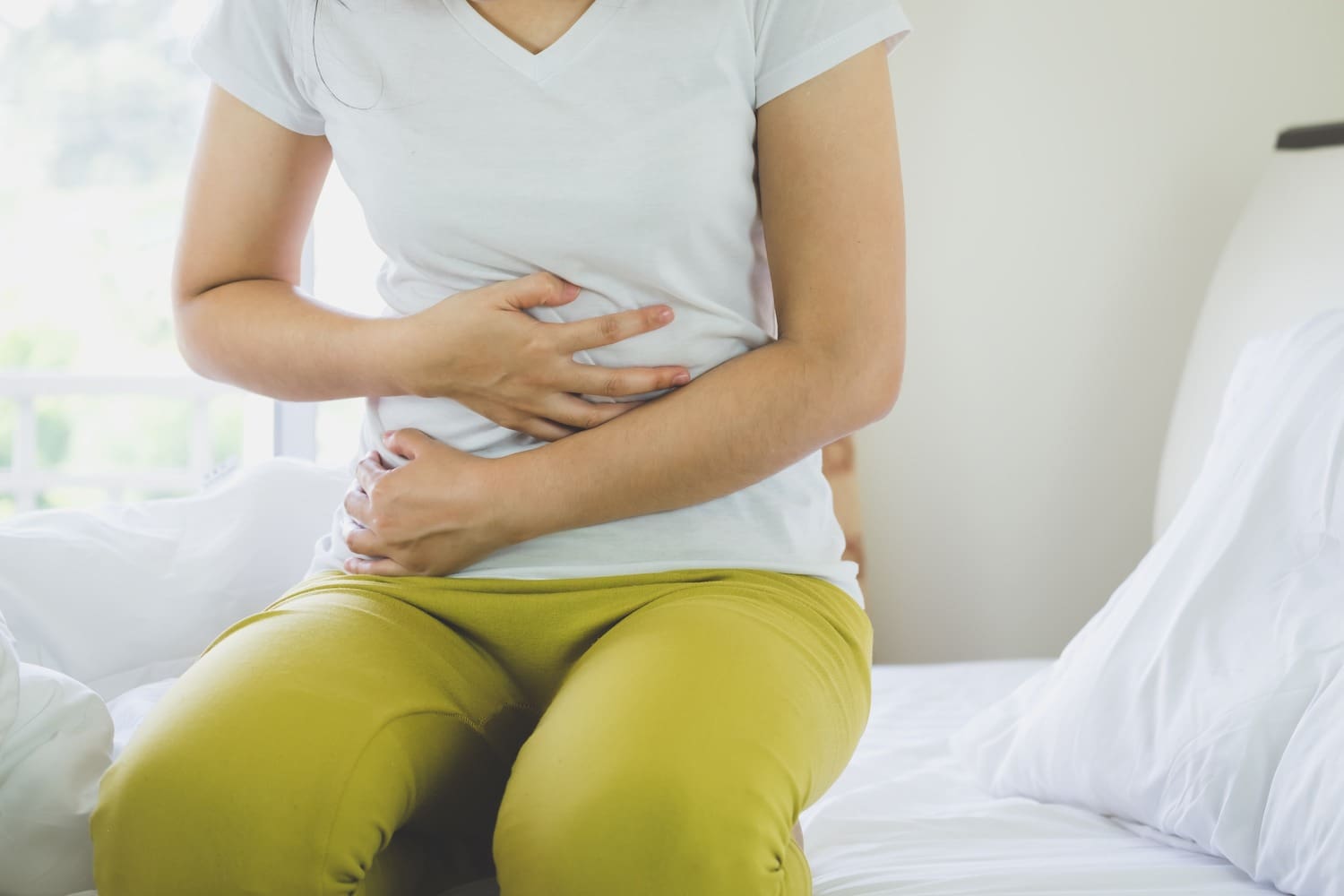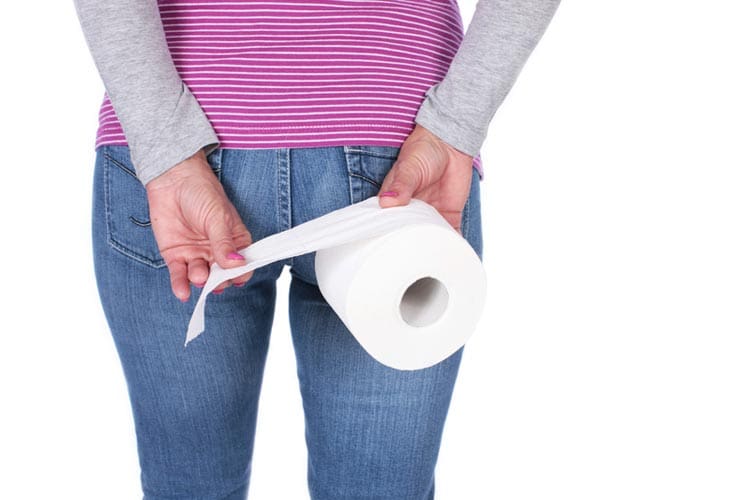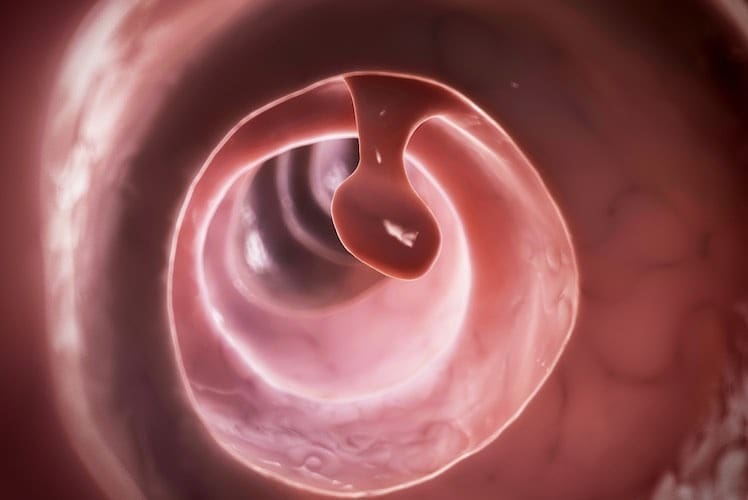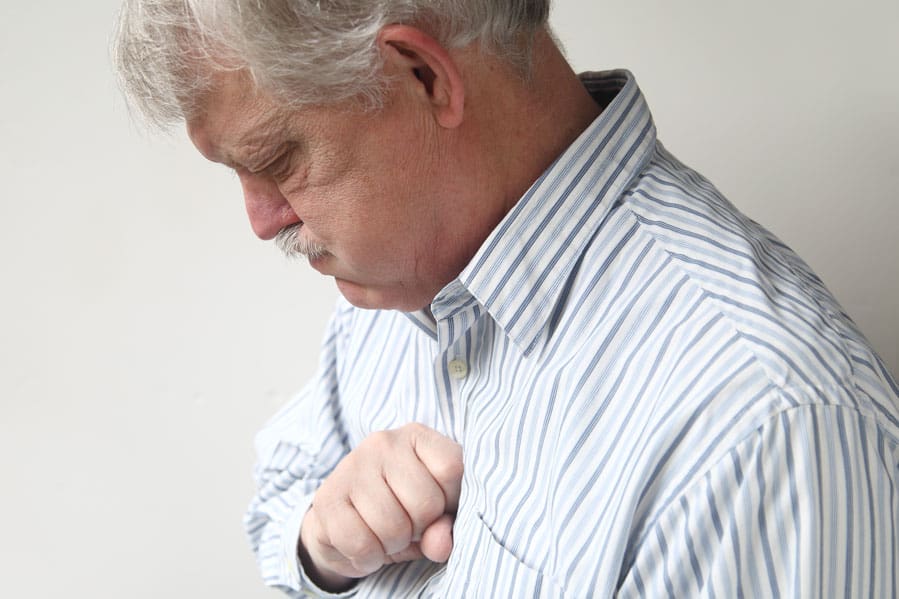Treatment for peptic ulcers depends on the cause, and may include medicines to reduce stomach acid, antibiotics, and lifestyle changes. Treatment can heal peptic ulcers and stop them from coming back
heartburn
Peptic ulcers: what are the symptoms?
Symptoms of peptic ulcers vary from person to person and with the ulcer’s location. You may have burning or gnawing abdominal pain that's worse at night.
Peptic ulcers: what causes them?
Most peptic ulcers are caused by either infection with a bacterium called Helicobacter pylori or regular use of nonsteroidal anti-inflammatory drugs (NSAIDS), including aspirin.
Hepatitis: an overview
Hepatitis can cause permanent and life-threatening damage to the liver. Hepatitis A, B and C are caused by viruses.
Pancreas and insulin: An Overview
Your pancreas has 2 functions: producing digestive enzymes; and producing the hormones insulin and glucagon to regulate blood sugar.
Haemorrhoids treatments
Preventing constipation is the best way to avoid existing haemorrhoids becoming irritated and new ones forming. Avoid excessive straining and sitting on the toilet for any longer than a few minutes.
Heartburn
Heartburn is a common form of indigestion caused by gastro-oesophageal reflux – reflux of stomach contents into the oesophagus (gullet).
Beach sand carries greater health risk than the water
Sand has more than ten times the levels of bacteria than the nearby water, adding yet another hazard to a day at the beach.
Colon polyps (bowel polyps)
Colon (bowel) polyps are small growths of tissue from the wall of the large bowel or colon. Polyps usually don't cause symptoms, but are normally removed so they don't cause cancer.
Oesophageal cancer: what is it?
Find out about oesophageal cancer, including risk factors, causes and symptoms of this disease.








